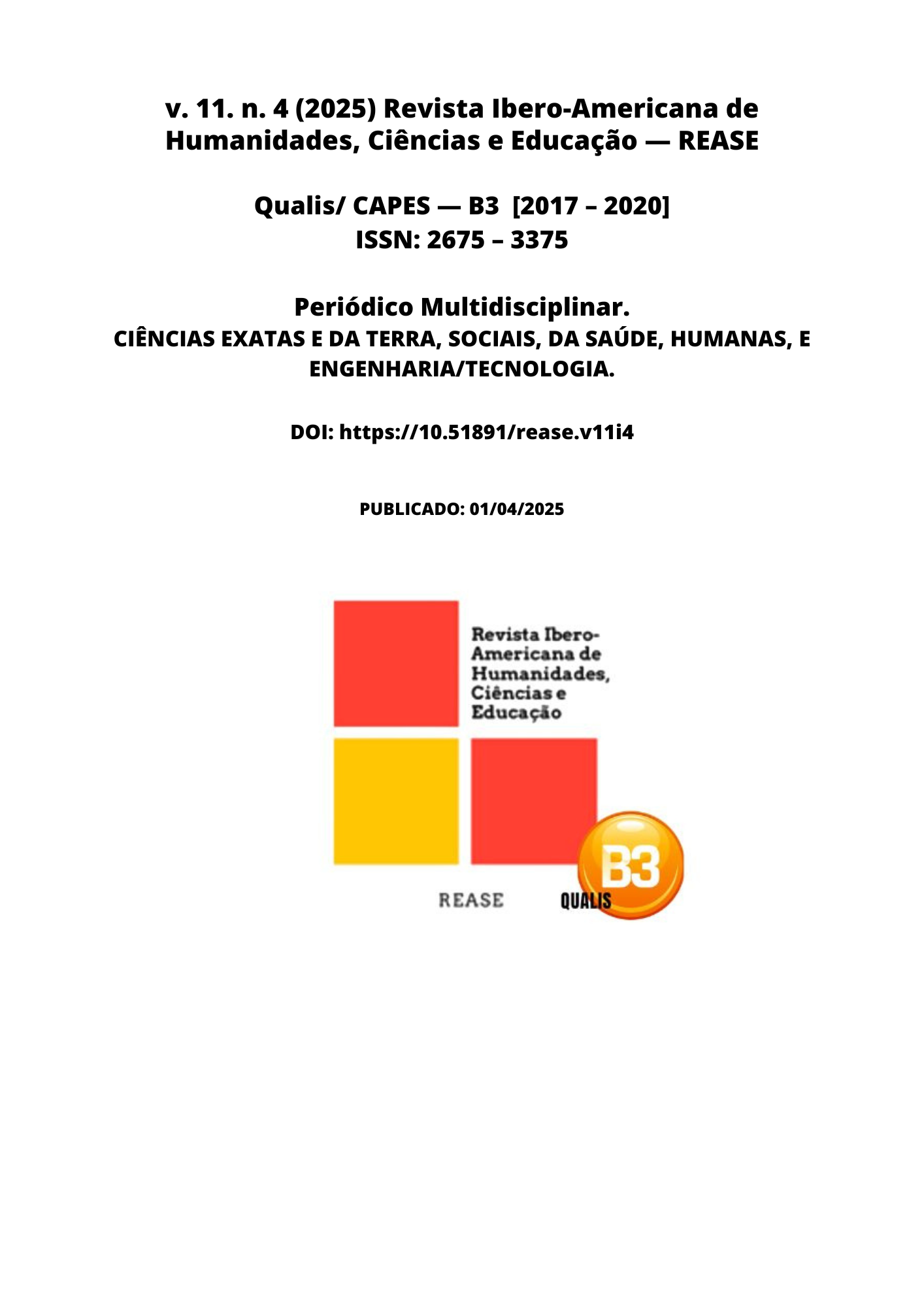DEMOCRATIC SCHOOL MANAGEMENT: LEGISLATION, CHALLENGES AND PERSPECTIVE
DOI:
https://doi.org/10.51891/rease.v11i4.18586Keywords:
Participatory management. Public policies. Public education.Abstract
This article addresses democratic management in education, highlighting its importance for the construction of an inclusive and quality public school, based on the active participation of all those involved in the school environment, a principle guaranteed by the Federal Constitution of 1988 and the Law of Guidelines and Bases of National Education (LDB) of 1996. The objective of the study is to analyze the legislation that supports democratic management, the challenges of its implementation and the prospects for its consolidation. To this end, a qualitative approach was adopted, through a bibliographic and documentary review, analyzing regulatory frameworks, such as the Federal Constitution, the LDB and the National Education Plan (PNE), in addition to academic articles and dissertations related to the topic. The results show that democratic management requires participation mechanisms, such as school councils and the Political Pedagogical Project (PPP), which are fundamental for the construction of a plural and transparent school. However, challenges such as resistance to change, limited financial resources and the need for continuous training of managers and the school community are obstacles to its effective implementation. Furthermore, the administrative decentralization promoted by democratic management demands strategic planning, organization, and mobilization of human and material resources. The discussion indicates that participatory management favors a fairer and more collaborative educational environment, strengthening citizenship and improving the quality of education. Public policies, such as the Direct Money in Schools Program (PDDE), contribute to the financial autonomy of institutions, promoting more effective actions in school administration. It is concluded that democratic management is essential for the formation of critical and active citizens in society. Despite the challenges, its implementation can be enhanced through strategies such as ongoing training of educators, monitoring and evaluation of school processes, and encouraging collective participation. Thus, consolidating democratic management in education is a fundamental step towards the development of equitable and efficient public education.
Downloads
Downloads
Published
How to Cite
Issue
Section
Categories
License
Atribuição CC BY

